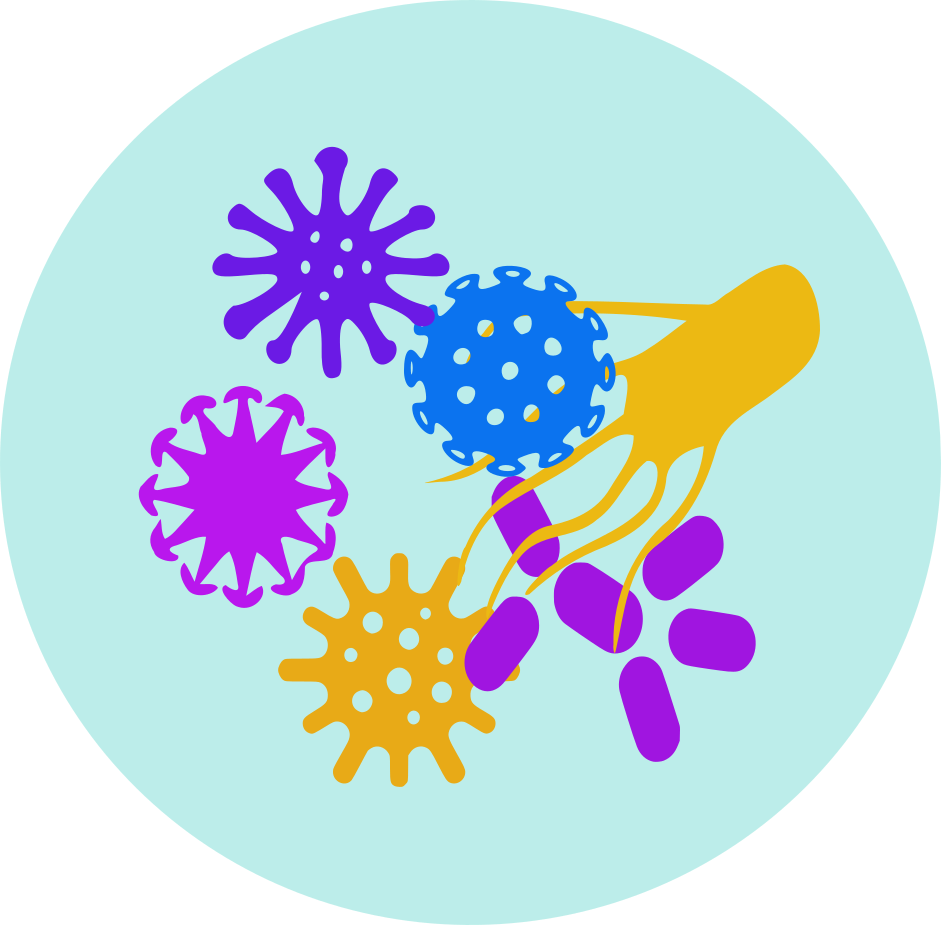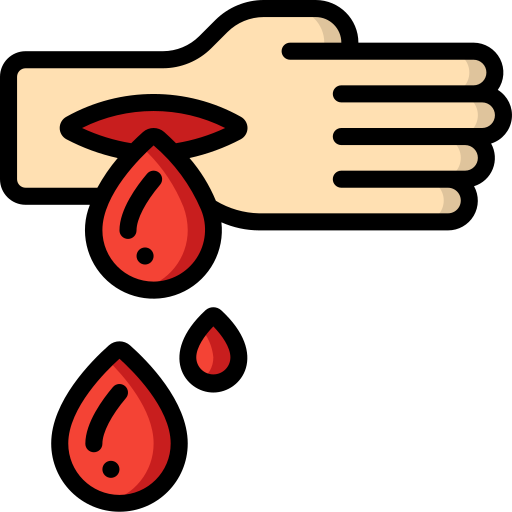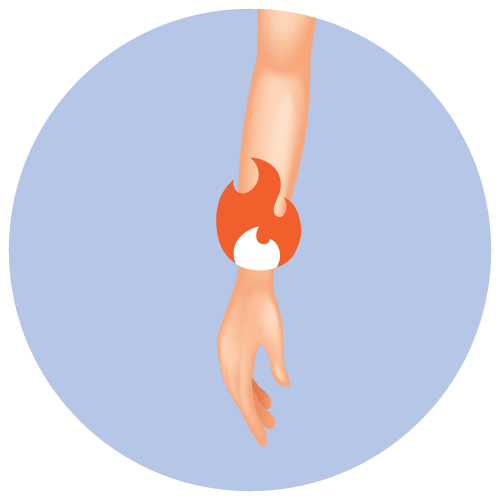Medicine details
| Image |  |
| Name | Povidone I |
| Dosage | Solution |
| Generic Name | Povidone Iodine |
| Classes |
Antiinfective Agent Dermatological/Topical Agent Topical Antiinfective Agent Antiseptic and Germicide Vaginal Preparation |
| Diseases |
Leg Ulcer Mouth Inflammation Skin Disorder Wound |
| Company | Ziska Pharmaceuticals Ltd. |
Drug Package Details
| Strength | |
| Storage Condition | |
| Origin Country | Bangladesh |
| Commercial Pack | 1 |
| Price per pack | ৳ 35.86 |
| Cost per pack | ৳ 31.56 |
| Package unit | 100 ml bot |
| Price per unit | ৳ 35.86 |
| Cost per unit | ৳ 31.56 |
| Discount | 0 |
| Coupon | |
| Remarks |
Povidone Iodine
Povidone iodine is a broad-spectrum antiseptic agent that is used to prevent and treat infections. Povidone iodine works by releasing free iodine, which destroys a wide range of microorganisms, including bacteria, viruses, fungi, and protozoa. The release of iodine disrupts the cell membranes and denatures the proteins of microorganisms, leading to their death.
- Povidone iodine is available in different formulations, including solutions, ointments, and swabs. The recommended dosage and administration of povidone iodine depend on the formulation used and the intended use.
- For skin and wound disinfection, povidone iodine solution can be applied topically to the affected area, and the area should be allowed to dry before covering with a sterile dressing. The concentration of povidone iodine solution may vary depending on the intended use, but a concentration of 10% is commonly used for skin disinfection.
- For surgical skin preparation, povidone iodine solution or scrub can be applied to the skin and allowed to dry before the procedure. The concentration of povidone iodine used for surgical skin preparation is typically higher than that used for skin disinfection, ranging from 7.5% to 10%.
he most common adverse reactions associated with povidone iodine include-
- skin irritation
- itching
- burning
Rarely, systemic absorption of iodine can cause iodine toxicity, which can manifest as symptoms such as fever, rash, and renal impairment.
- Povidone iodine should not be used in patients with a history of hypersensitivity to iodine or povidone. Povidone iodine should be used with caution in patients with thyroid disorders, as iodine can interfere with thyroid function tests and potentially exacerbate thyroid dysfunction.
- Povidone iodine should not be used in deep wounds or body cavities, as it can be absorbed systemically and potentially cause toxicity. Povidone iodine should also not be used for prolonged periods, as it can cause skin irritation and discoloration.
- It should not be used in deep wounds or body cavities, and caution should be exercised in patients with thyroid disorders.
Contraindication
Povidone iodine is contraindicated in patients with a history of hypersensitivity to iodine or povidone.
None known.
None known.





 Bangla
Bangla English
English